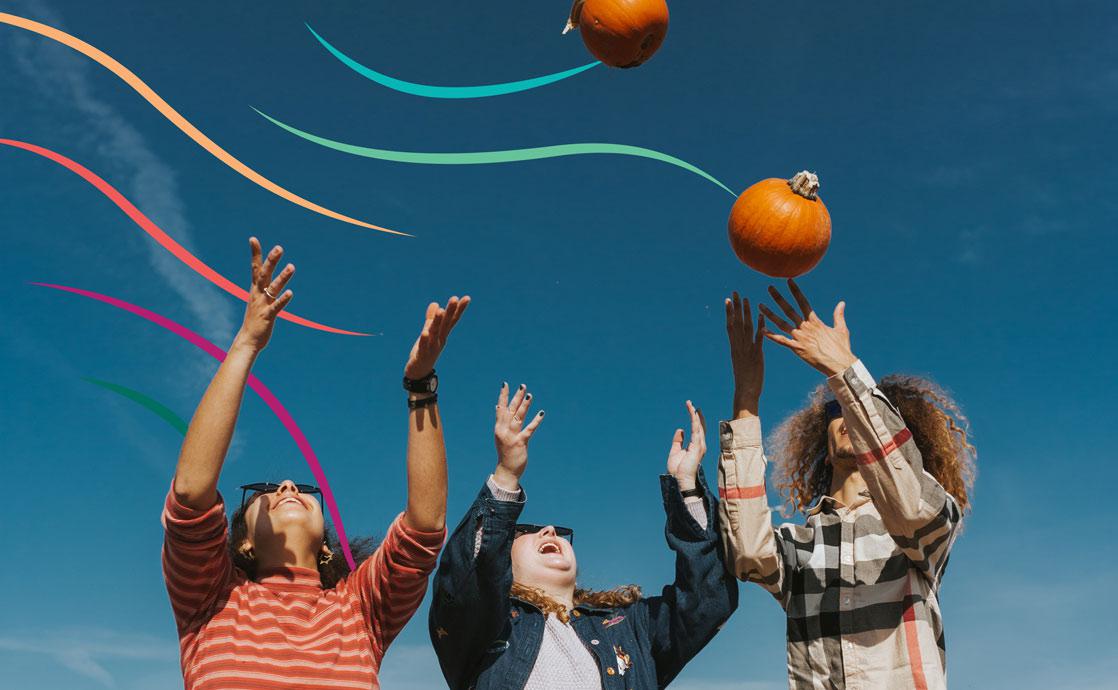As the autumn leaves begin to fall and the air turns crisp, a palpable sense of anticipation grips many individuals, particularly children, as Halloween approaches. A festival steeped in centuries of tradition and evolution evokes diverse reactions across various cultures and religious communities. Among those communities are the Bahá’ís, a group whose beliefs are grounded in the teachings of Bahá’u’lláh, a prophet-founder of the Bahá’í Faith. The question arises: Do Bahá’ís celebrate Halloween? To better address this query, it is essential to delve into the fundamental tenets of the Bahá’í Faith, the nature of Halloween, and the implications for Bahá’í practitioners.
At its core, the Bahá’í Faith advocates the oneness of humanity and the importance of unity and love among people. This faith emphasizes moral teachings aimed at fostering global peace, justice, and understanding. Bahá’ís are encouraged to lead lives embedded in virtue, to embody the qualities of kindness, compassion, and service to humanity. This latticework of principles informs their interaction with social customs, including secular celebrations such as Halloween.
Halloween, with its roots tracing back to the ancient Celtic festival of Samhain, represents a convergence of various influences, including pagan and Christian traditions. Initially, Samhain marked the transition from the harvest season to winter, where it was believed that the boundary between the living and the dead blurred, allowing spirits to roam the earth. Over time, this historical significance has diluted, morphing into a secular celebration characterized by costumes, trick-or-treating, and themed parties.
For Bahá’ís, the perception of Halloween cannot be dissociated from its cultural implications. Following the principle of moderation, Bahá’ís are encouraged to engage with society and its traditions in ways that embody their ethical teachings. They seek to partake in the wider social tapestry while remaining cognizant of the spiritual implications of their actions.
Given the core Bahá’í values, many adherents might approach Halloween with a degree of ambivalence. While some may choose to celebrate aspects of the holiday—such as community gatherings or social events—others may abstain from participation due to its ties to superstition and mourning. A pivot toward engagement rather than exclusion becomes vital. Bahá’ís might find ways to reframe the holiday as an opportunity for social service, creativity, and community building, steering away from its more ominous connotations.
In seeking a shift in perspective, it is imperative to consider the educational potential inherent in Halloween festivities. The occasion can serve as a platform for Bahá’í families to educate their children about various cultural practices, cultivating an appreciation for diversity. By discussing the historical significance of Halloween, Bahá’ís can highlight the interconnectedness of different faiths and traditions, thereby encouraging a respectful dialogue about beliefs and customs.
Furthermore, this holiday might be a means to foster a sense of belonging and inclusivity. In a global society where cultural interchange is predominant, Bahá’ís can demonstrate how to celebrate a secular holiday in a manner that does not conflict with their spiritual values. This can manifest through community service initiatives, such as organizing a Halloween-themed charity event, where participants can engage in revelry while contributing positively to society.
Nevertheless, the dialogue surrounding Halloween does not preclude the potential pitfalls inherent in its celebration. Bahá’ís are discerning in maintaining their spiritual integrity. The frivolities associated with Halloween—perhaps the excessive consumption of sweets or the promotion of fear through horror-themed elements—may stand in contradiction to the principles of moderation and spirituality upheld in the Bahá’í Faith. A vigilant examination of engagement becomes crucial; gatherings should reflect the core values celebrated in Bahá’í teachings, steering clear of elements that espouse fear or superstition.
Moreover, in the context of individual Bahá’í beliefs and practices, nuances abound. Some Bahá’ís may wholeheartedly embrace Halloween’s lighter aspects, participating in community events adorned with costumes and seasonal decor. Others may prefer a more austere approach, limiting participation to events that align closely with their spiritual and moral framework. This variance reinforces the notion that the Bahá’í Faith upholds a degree of individual autonomy in interpretation and practice.
Ultimately, the question of whether Bahá’ís celebrate Halloween does not yield a simple answer. It is a complex interplay of belief, cultural engagement, and the exploration of one’s own spiritual values. The diversity within the Bahá’í community suggests that individuals will navigate this holiday in unique manners, always striving to align their actions with the teachings of Bahá’u’lláh. In conclusion, rather than a definitive celebration or rejection, the Bahá’í interpretation of Halloween invites thoughtful engagement—a chance to embody the principles of unity and compassion while responsibly participating in societal customs. Such an approach promises to transmute a seemingly trivial occasion into an enriching experience, resonating with the fundamental tenets of service, community, and understanding that define the Bahá’í Faith.
